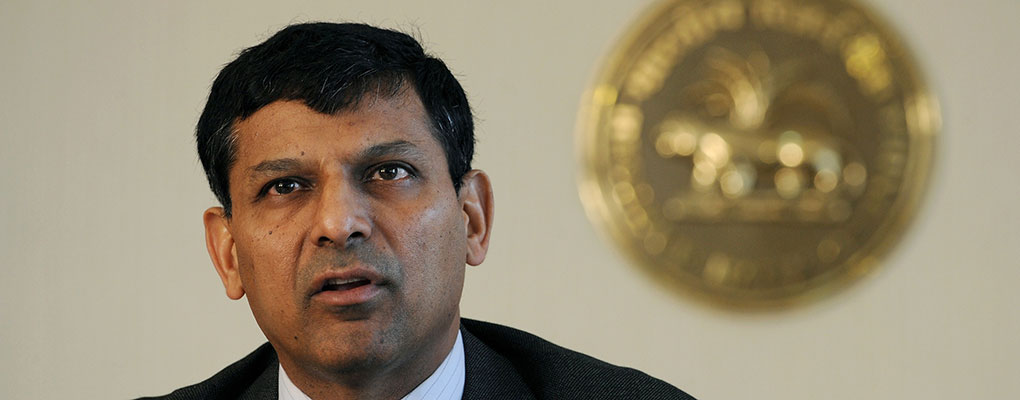
The Reserve Bank of India (RBI) has issued a surprise announcement that it will move immediately to slash its benchmark interest rate to 7.75 percent, down from eight percent previously. Businesses and government have been upping the pressure on the country’s central bank to reduce interest rates for some time now, though it has taken lower-than-expected inflation to force the bank’s hand.
Rajan also suggested that there would be further interest rate cuts in the months ahead
Although the rate cut was widely expected, the timing is surprising, given that the move has come a few weeks before the RBI’s next scheduled meeting on February 3. Statistics show the Indian economy is growing at half the rate it was four years ago and inflation is below par. Figures for December showed that year-on-year inflation was up 0.11 percent, far short of the RBI’s 0.6 percent target.
The RBI’s Governor of Monetary Policy, Raghuram Rajan, said in a statement that a sharp decline in the price of fruits and vegetables since September and falling international commodity prices, namely crude oil, are behind the nation’s inflation numbers. “These factors have significantly reduced the momentum of inflation, compensating for the widely anticipated ending of favourable base effects,” he commented. “Households’ inflation expectations have adapted, and both near-term and longer-term inflation expectations have eased to single digits for the first time since September 2009. Inflation outcomes have fallen significantly below the eight per cent targeted by January 2015. On current policy settings, inflation is likely to be below six percent by January 2016.”
Rajan also suggested that there would be further interest rate cuts in the months ahead: “once the monetary policy stance shifts, subsequent policy actions will be consistent with this stance,” he wrote. And if the response to this first move is anything to go by, the rate cuts will be warmly received by government figures, in that they will enable the country to more easily attract investment and boost consumer spending.


